
2024 has been an interesting and somewhat controversial year for Linux, where we saw many cool developments, and some rather odd ones. Regardless of what's transpired so far, this year has shaped up to be a good year for Linux.
As we approach the end of 2024, I cannot help but reflect on some of the most exciting Linux applications that I discovered during the year, many of which have become indispensable parts of my workflow.
So, let's get started! 😎
1. LocalSend
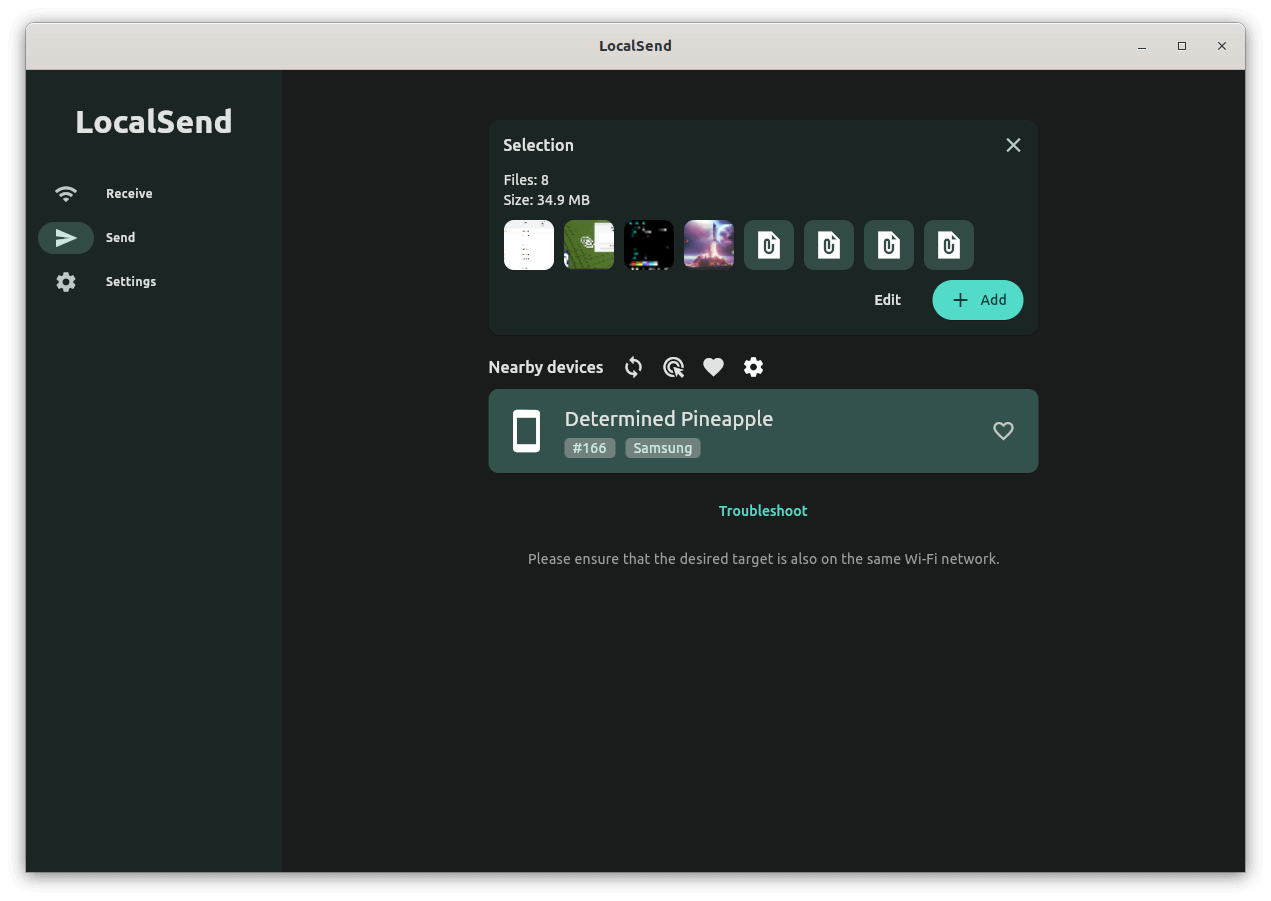
⭐ Key Highlights:
- Offline Use
- Cross-Platform
- End-to-end Encryption
Not a week goes by without me using LocalSend to wirelessly transfer files over Wi-Fi from my smartphone to my Linux-powered laptop. It is an impressive Dart-based file transfer app that has made me forget what a USB cable is (at least for file transfers 😆).
So far in my usage of it, I found out that smaller file transfers are the way to go, and if using a VPN or firewall, then LocalSend might not work as intended. Other than that, I am satisfied with the app.
Read More Here 📖
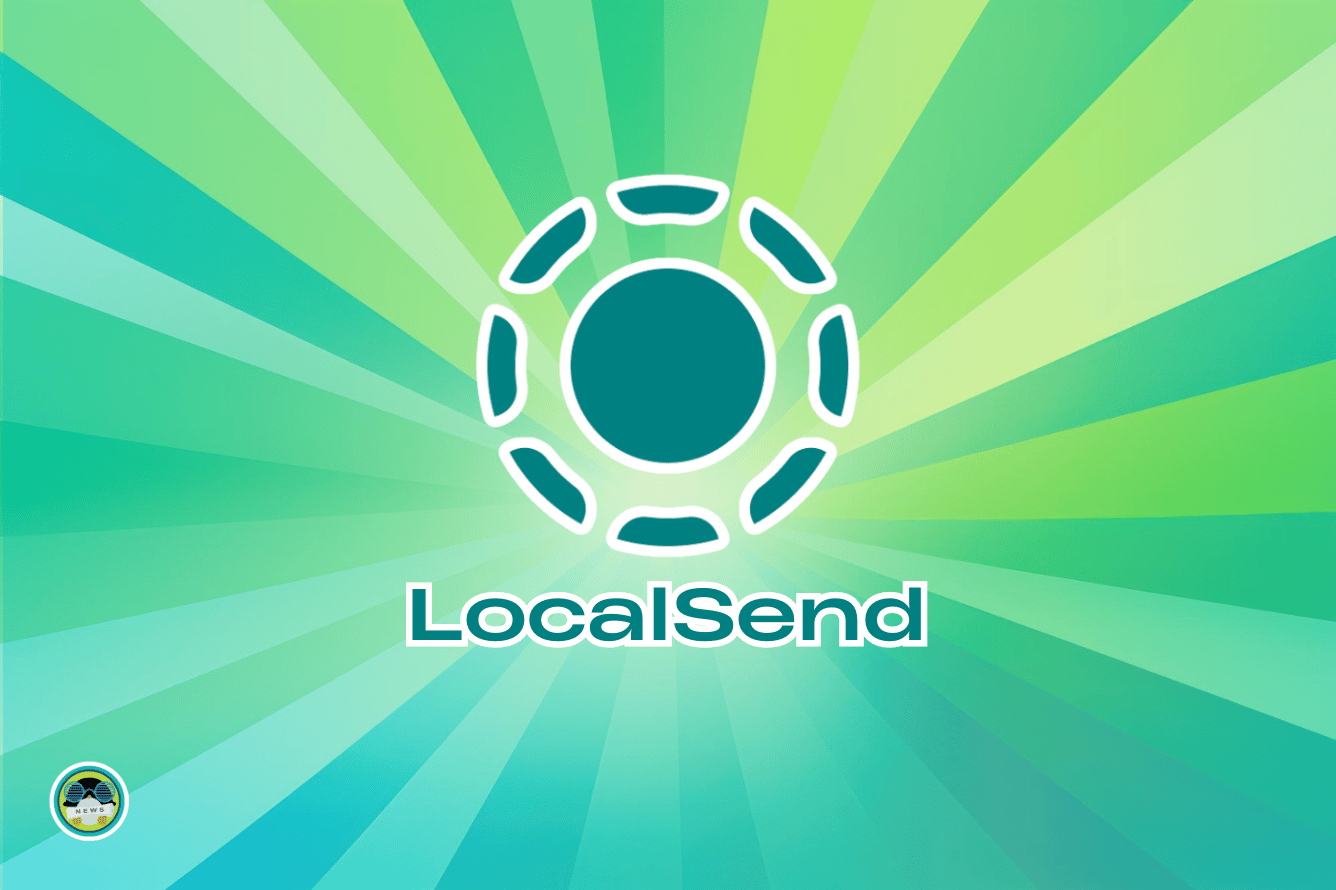
2. Obfuscate
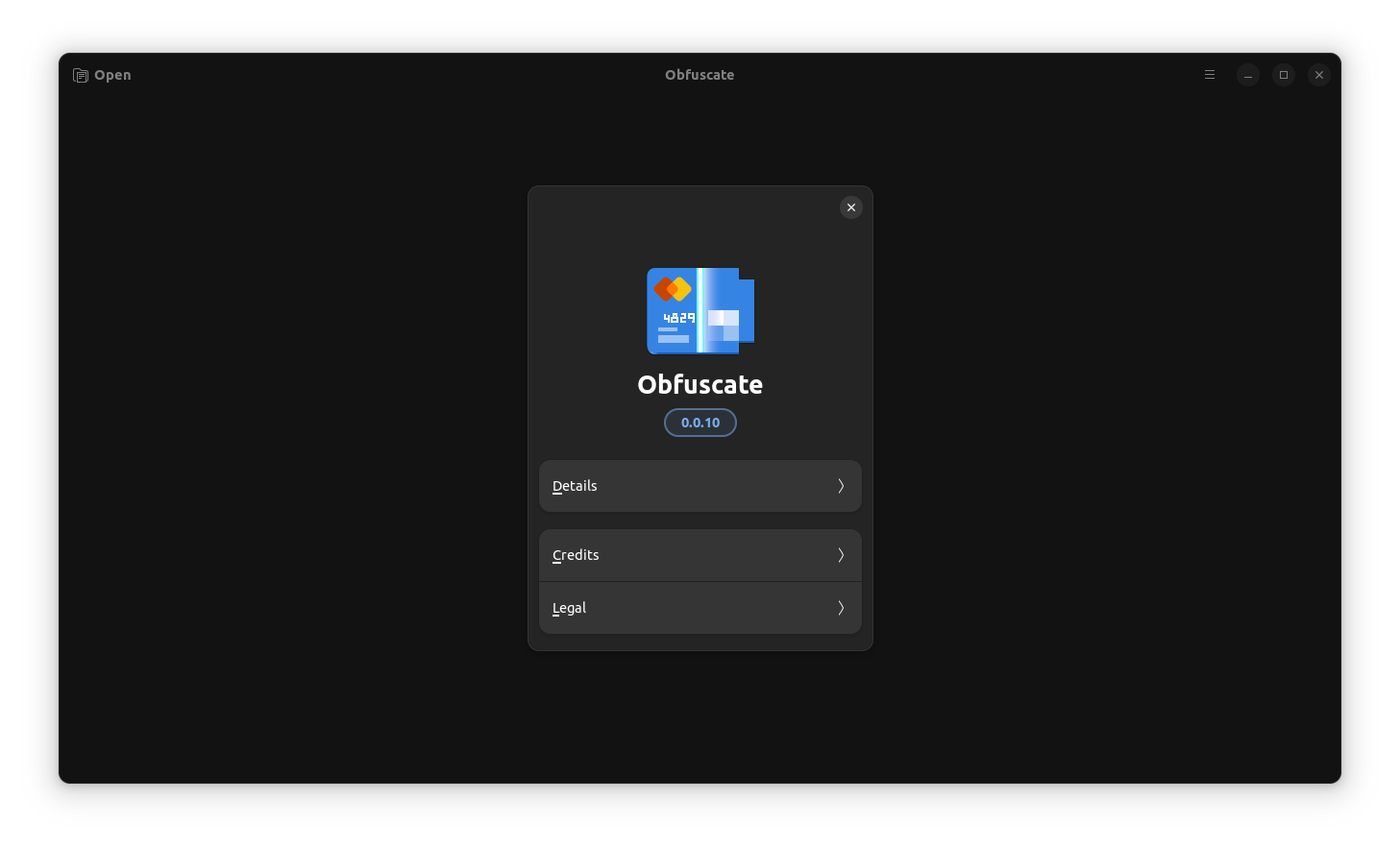
⭐ Key Highlights:
- Rust-Based App
- Quick Redactions
- Intuitive User Interface
Next up is Obfuscate. This is yet another one of my regular apps that I use to censor photos with any sensitive or personally identifiable information. This has been a wonderful discovery, as opening up GIMP for such basic tasks isn't practical for someone like me (read lazy ☠️).
3. Floorp Browser
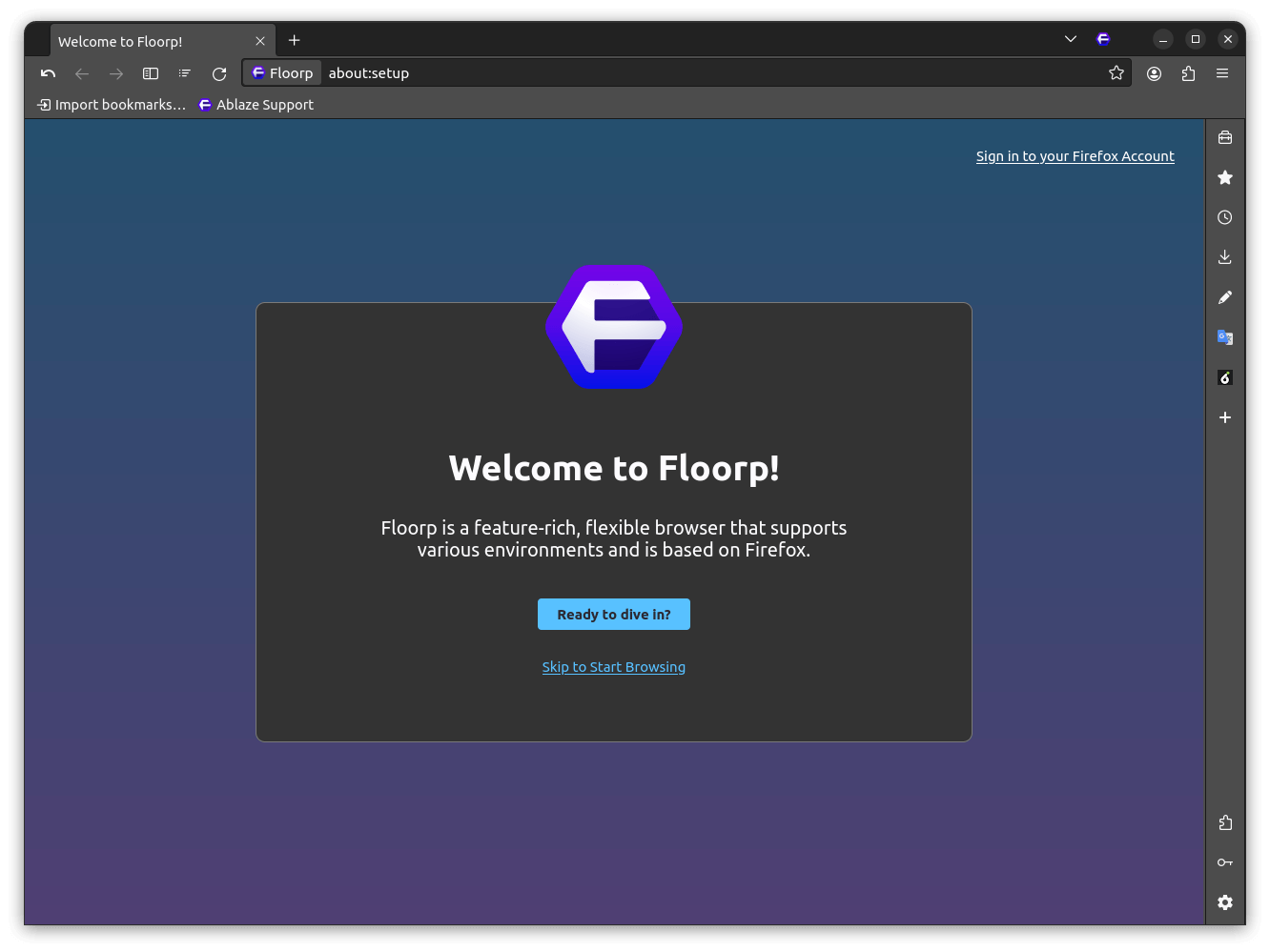
⭐ Key Highlights:
- Highly Customizable
- Supports Workspaces
- Privacy-First Approach
If I had to move away from Firefox someday, I would most likely go with Floorp. It is a privacy-focused web browser that has been forked from Firefox to offer something different, something extra over the former.
Even though it looks quite similar to Firefox, its neat-looking sidebar menu is the game changer here, allowing quick access to bookmarks, history, downloads, notes, and even WebApps.
4. Dosage

⭐ Key Highlights:
- Easy Med Tracking
- Inventory Management
- Supports Many Languages
As the name suggests, Dosage is an open source app for managing one's medications, with an optional reminders feature that notifies users when it's time to take a dose. Thanks to its simplified user interface, non-technical users can easily get started with Dosage.
Read More 📖

5. AB Download Manager
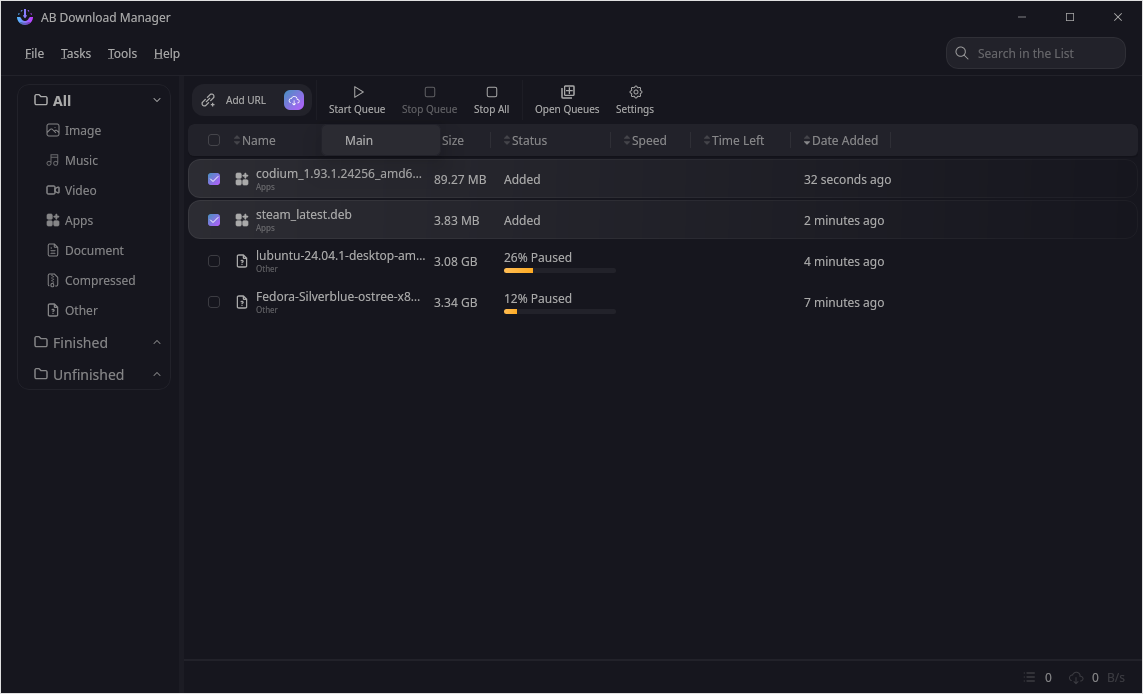
⭐ Key Highlights:
- Cross-Platform
- Actively Developed
- Supports Batch Downloads
There are instances where downloading files through a web browser proves insufficient, leading to sluggish downloads and occasionally a failure of the download before its completion. That is where a dedicated application like AB Download Manager comes in.
During my testing, I found out that it is a really great downloader that works as expected, without any weird issues cropping up during download operations. There are even browser extensions for AB Download Manager to integrate with Firefox and Chrome.
6. Cartridges
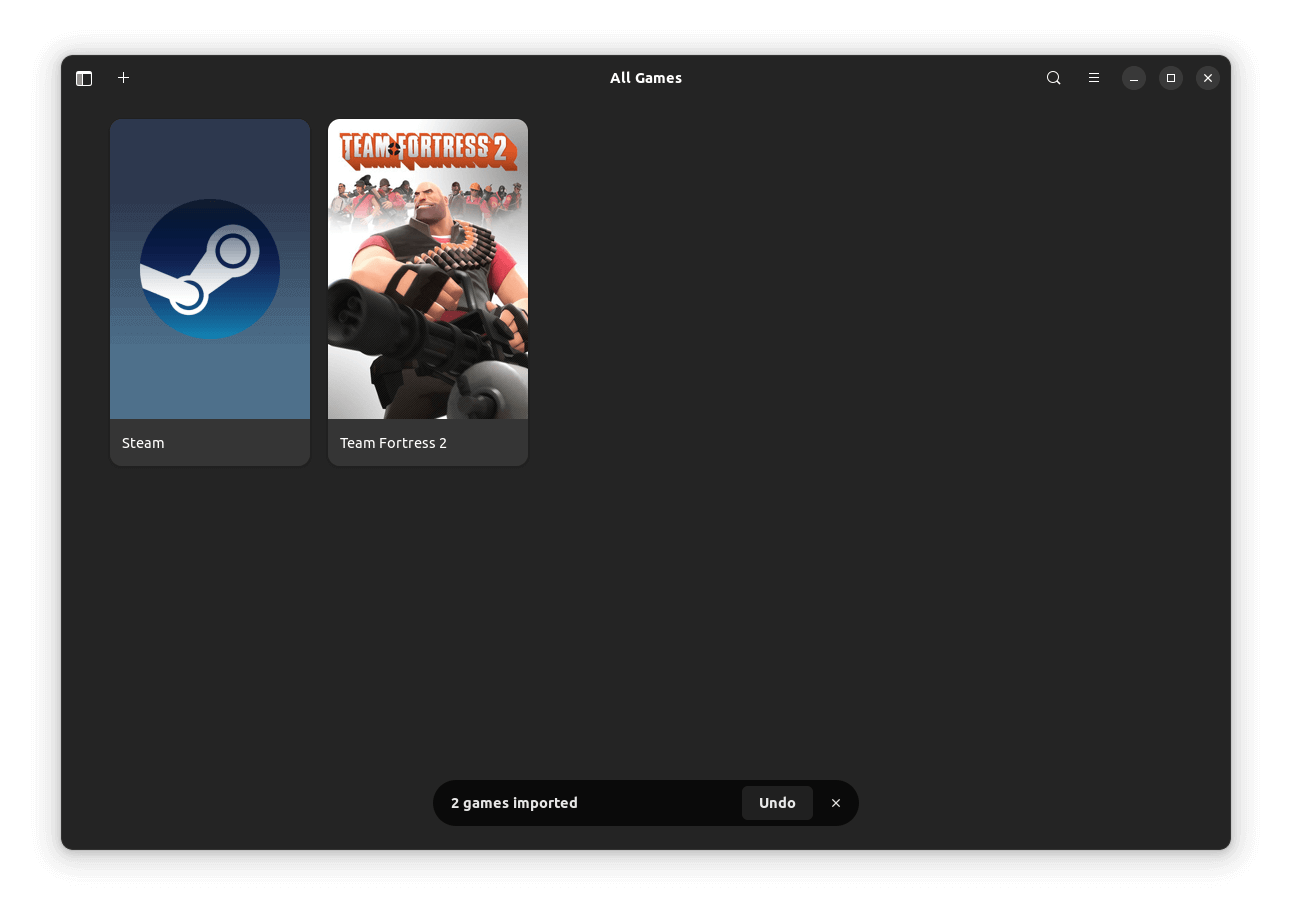
⭐ Key Highlights:
- Based on Python
- A Simple User Interface
- Supports Many Platforms
If you game on Linux, then Cartridges can be a great app for you, as it acts as a one-stop launcher for all your installed games; you just have to import them into the app. It gives great control over any added titles and can be set to fetch high-quality covers for those.
Cartridges supports game sources like Steam, Lutris, Heroic, Bottles, itch, Legendary, RetroArch, Flatpak, and desktop.
7. Zen Browser
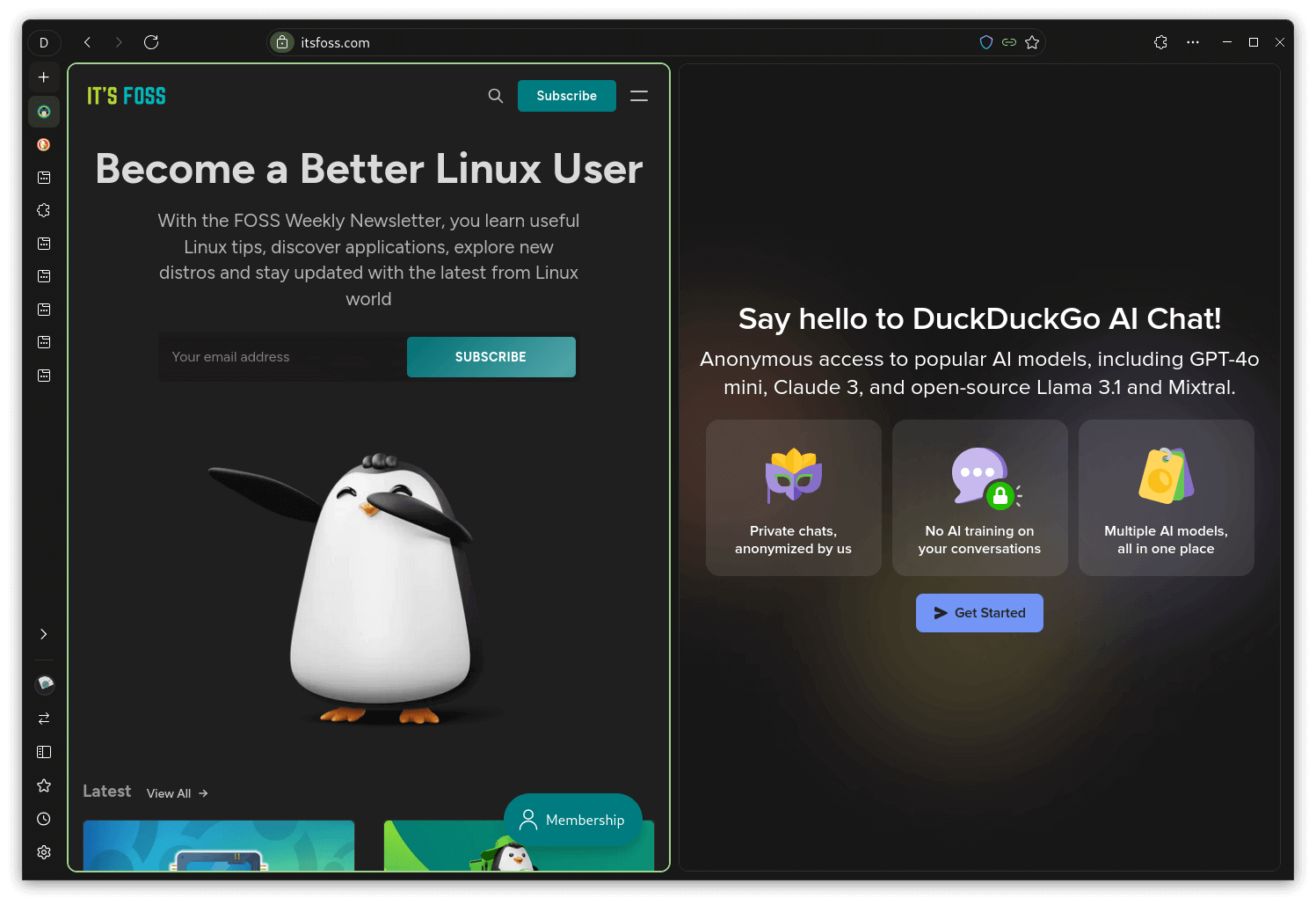
⭐ Key Highlights:
- Cross-Platform
- Innovative Tab Management
- Supports Firefox Extensions
Yep, another browser! Zen Browser is an up-and-coming web browser also based on Firefox that takes a novel approach to handling the user interface. It features a familiar sidebar with all currently opened tabs being housed in there alongside other handy quick-access options.
The main attraction of the browser is its split-view functionality, which allows users to open multiple tabs on the same screen, allowing for great multitasking.
Read More Here📖
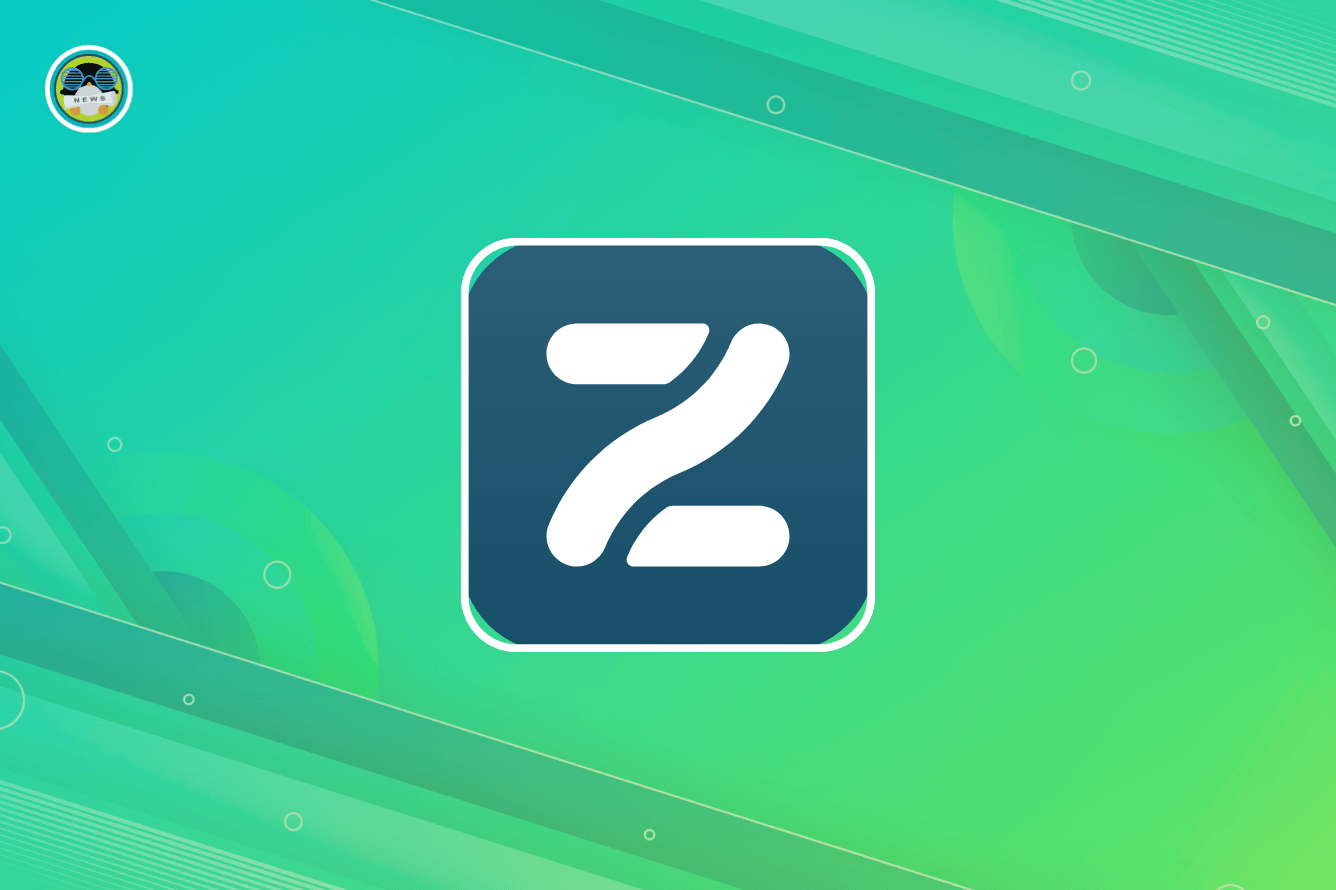
8. RustDesk
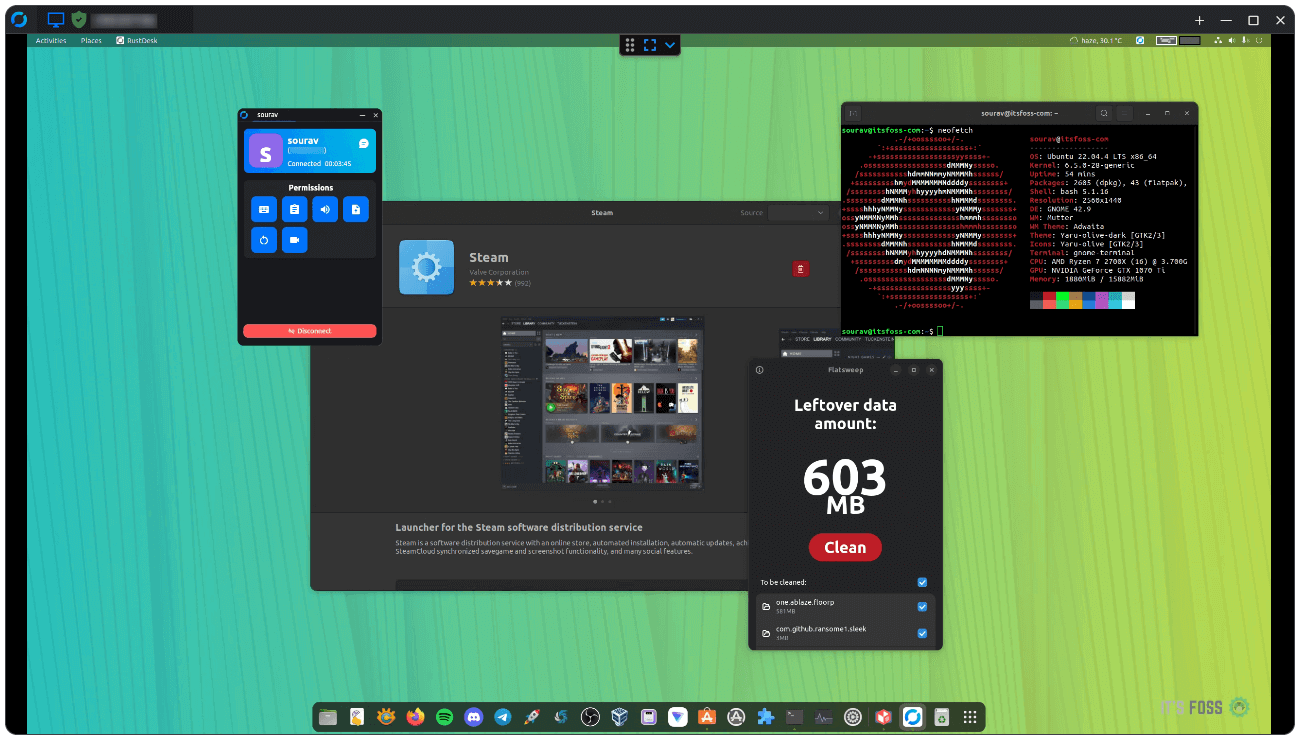
⭐ Key highlights:
- Modern Backend
- Focuses On Security
- Can Be Self-Hosted
The final one in this year-end roundup is RustDesk, a cross-platform remote desktop client that offers plenty of useful features, giving the proprietary likes of TeamViewer and AnyDesk stiff competition.
When I tested it across Linux, Android, and Windows devices, it delivered consistently, with some notable issues that were manageable.
Wrapping Up
As we head into 2025, I am excited about discovering new apps for Linux that push boundaries in terms of usability, performance, and creativity. Open source developers never cease to amaze me with their skills, and I don't expect the next year to be any different.
Of course, I cannot overlook the open source community, it is due to their feedback and support such open source apps for Linux exist and thrive in the first place.
💬 What about you? Which apps for Linux were your favorites in 2024?
- Even the biggest players in the Linux world don't care about desktop Linux users. We do.
- We don't put informational content behind paywall. Your support keeps it open for everyone. Think of it like 'pay it forward'.
- Don't like ads? With the Plus membership, you get an ad-free reading experience.
- When millions of AI-generated content is being published daily, you read and learn from real human Linux users.
- It costs just $2 a month, less than the cost of your favorite burger.
Become a Plus Member today and join over 300 people in supporting our work.











